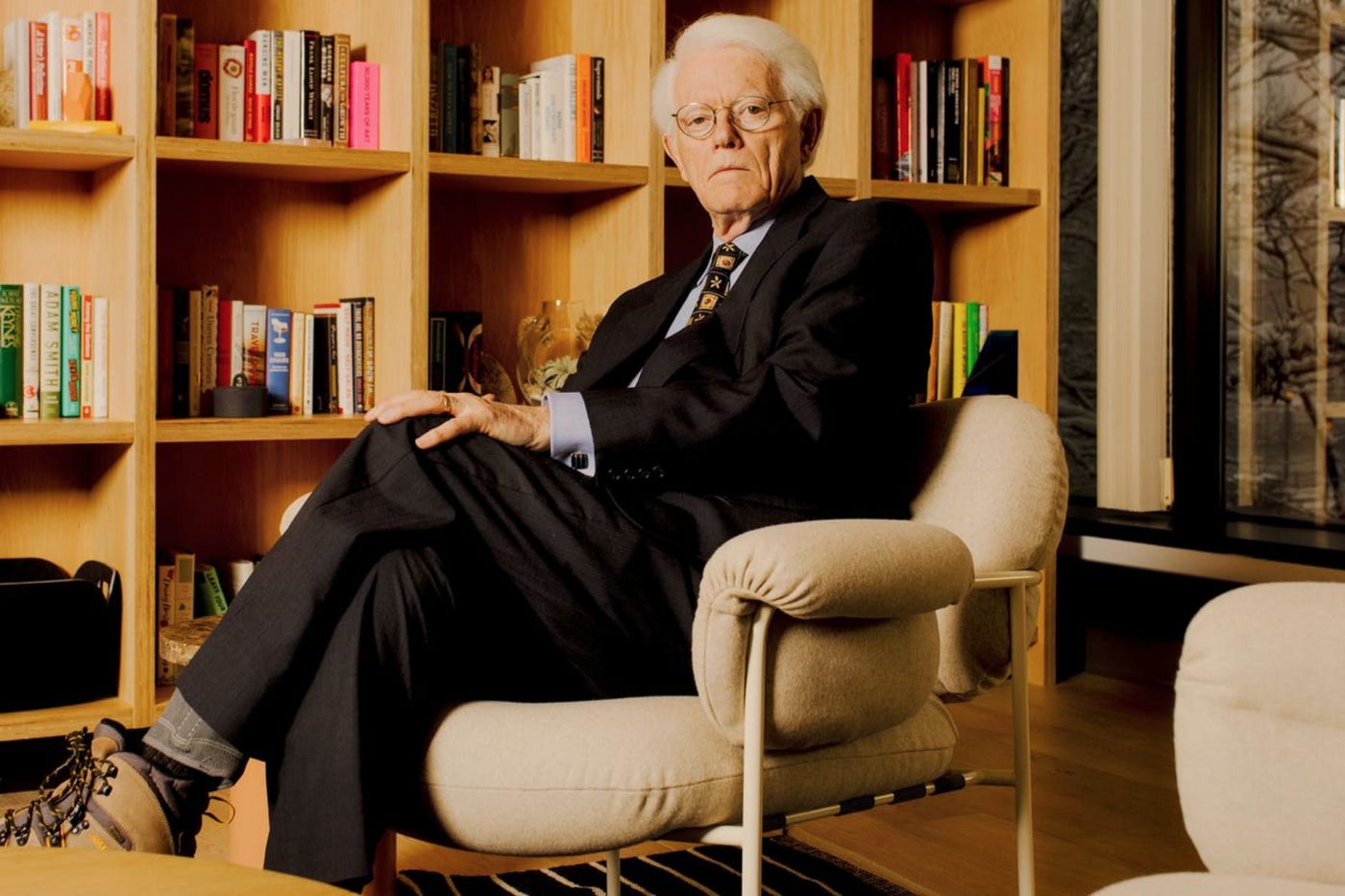It is May 1977. A young portfolio manager takes over the Fidelity Magellan mutual fund. At the time, the fund had $20 million in assets under management. In a little over a decade, this 33-year-old investor transformed the fund into one of the largest in the world.
In 1990, the Fidelity Magellan Mutual Fund had over $14 billion in assets under management.
Keep reading with a 7-day free trial
Subscribe to Sylvain Saurel’s Newsletter to keep reading this post and get 7 days of free access to the full post archives.




